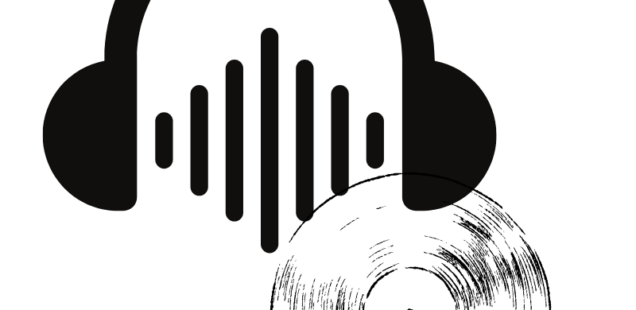
The Importance of Music Appreciation
Your child has started playing a string instrument and is excited and enthusiastic about their new journey.
As they grow in their musical skills, it can also be valuable to help your child develop an overall appreciation and understanding of music. This appreciation and knowledge of music will help to enrich their musicianship. An appreciation of music is more than just learning the notes on the page, but about cultivating a knowledge and connection to music beyond the notes on the page.
In this blog, we will cover a few key ways to help your child or student in developing an overall appreciation of music.
Listening to Different Styles
Listening to recordings of great ensembles and musicians can provide inspiration and a framework for what is possible on an instrument - with practice. This will also help them to develop some musical heroes or artists that can inspire them in their practice.
Beyond this idea, it can be extremely beneficial to your child’s overall appreciation of music to expose them to different genres and styles. Each genre has its own history, sounds, and influences that can offer inspiration and broaden their musical understanding and skills.
If you’d like to dig deeper into this concept, check out this article I previously wrote on the blog.
Attend Concerts and Performances
Attending performances of musicians who play your child’s instrument at a high level can also provide inspiration and a deeper music appreciation. Attending live performances, in general, of any ensemble whether it be a professional orchestra, chamber concert, or school performance can deepen your child’s connection to music.
It allows your child to experience the interplay between musicians, the concentration they possess during the performance, and their energy. You can help your child to think more deeply about a performance by asking questions like, “What did you notice about the conductor’s gestures?” or “How did the instruments blend together?”
Additionally, attending live performances of professional musicians can inspire your child to set larger goals for themselves as they observe someone who has reached a level of mastery on their instrument.
Develop Listening Skills
Just as important as learning how to play an instrument is developing an overall musical ear. Performing with others requires active listening and an ability to observe what’s going on around you.
Help your child develop their active listening skills by encouraging them to focus on different elements of music as they listen to music at home. For example, as you listen to music at home, encourage your child to identify the instruments they hear, the mood of the piece, or how the volume changes throughout the piece.
Developing these listening skills will help your young musician observe music on a deeper level.
Learn about the Music your Child is Playing and the Composers
One final suggestion for how you can foster an overall musical appreciation in your child is to explore the lives and stories behind the great composers and artists throughout musical history. Short, age appropriate glimpses of a composer’s life and times can create a deeper understanding and connection to the music they may be playing.
Conclusion
A broader appreciation for music can only enrich our musical journey.
As parents or teachers, there are many opportunities for us to guide our children to deeper understandings and connections to music. By exposing your child to a variety of musical styles, attending live performances, working to develop deeper listening skills, and exploring a composer's life and times, you will be helping your child to do just that.
This deeper understanding of music will only influence their music making in positive and meaningful ways.